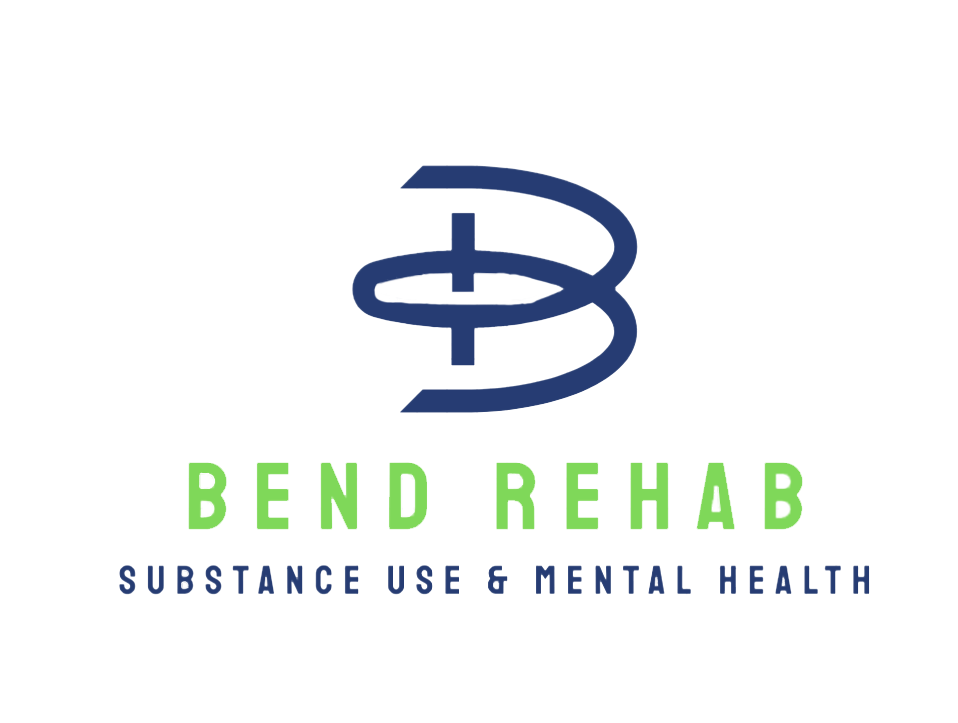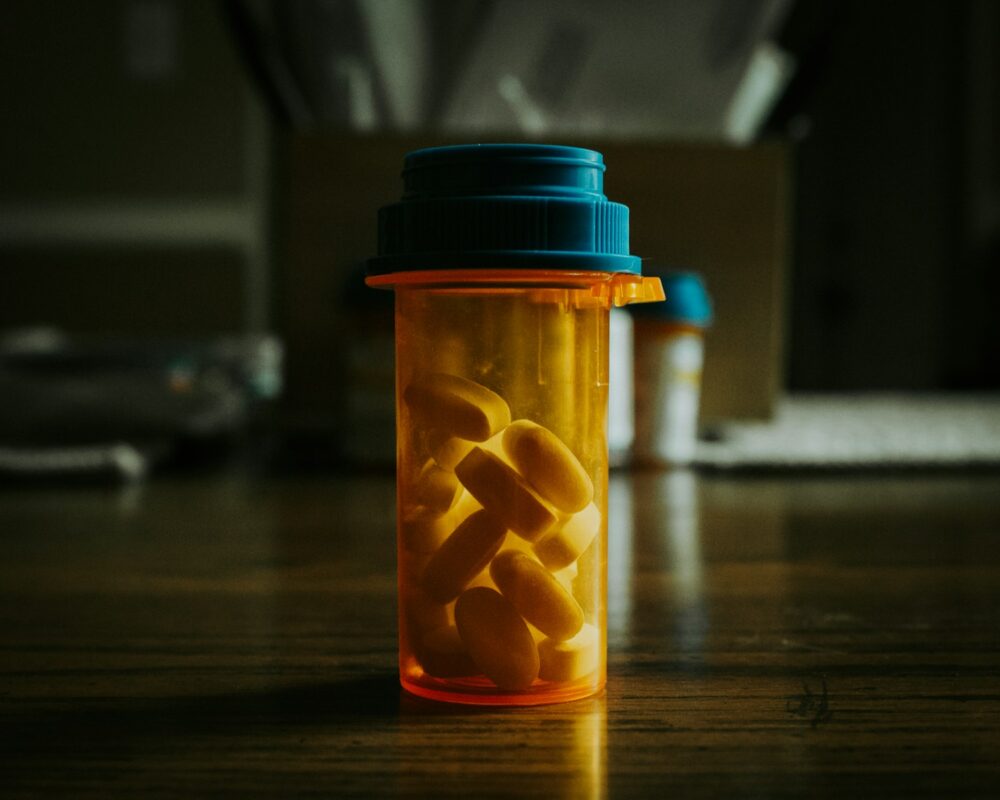A Guide to Drug Rehab Programs in Bend
Navigating the diverse landscape of drug rehab programs in Bend, Oregon, can feel overwhelming, especially for those seeking the right path to recovery. With a broad range of treatment options available, understanding the specifics and nuances of each program is essential to making an informed decision. This comprehensive guide aims to provide clear insights into the different types of drug rehab programs in Bend, shedding light on what each approach entails and how it may address individual needs. From detox programs that help individuals safely manage withdrawal symptoms to partial hospitalization programs that offer intensive care while allowing some flexibility, there are options to suit a variety of circumstances. Inpatient and outpatient treatments cater to different levels of addiction severity, while group and individual therapies provide emotional support and strategies to overcome challenges. Additionally, addiction interventions help loved ones encourage individuals to seek help, and life skills training programs focus on equipping participants with the tools they need to maintain long-term sobriety. No matter where someone is on their recovery journey, Bend offers a wealth of resources to support each step toward a healthier, addiction-free life.
Understanding Drug Rehab Programs in Bend
Bend, Oregon, offers a variety of drug rehab programs designed to meet the unique needs of individuals battling substance use disorders. These programs include everything from medically supervised detoxification to help manage withdrawal symptoms, to residential inpatient care for those requiring intensive support. Additionally, Bend’s treatment centers provide long-term outpatient programs to ensure individuals can maintain their recovery while rebuilding their lives. With access to experienced professionals, evidence-based therapies, and ongoing support, Bend’s rehab facilities are dedicated to helping individuals achieve lasting recovery and a healthier, more fulfilling future.
Detox Programs: The First Step Towards Recovery
Detoxification is often the critical first step in the journey to achieving sobriety. In Bend, detox programs are specifically designed to help individuals safely navigate the challenging process of withdrawal under professional medical supervision. Facilities such as Sequoia Recovery Centers provide compassionate, medically supervised detox services, ensuring that patients are monitored 24/7 to manage symptoms and reduce risks associated with withdrawal. These programs not only address the physical aspects of addiction but also provide emotional support to help individuals feel safe during this vulnerable phase. Detox is a vital step in stabilizing patients, preparing them for the next stages of recovery, which may include intensive inpatient or outpatient treatment programs. With the right care and support, individuals can start building a foundation for long-term sobriety and reclaim their lives.
Partial Hospitalization Programs (PHP): Bridging Inpatient and Outpatient Care
Partial Hospitalization Programs (PHP) offer a structured and supportive treatment environment without requiring overnight stays, making them a flexible option for those seeking intensive care. In Bend, PHPs act as a critical bridge between inpatient and outpatient care, offering a middle ground for individuals who need more support than traditional outpatient programs can provide but do not require 24/7 monitoring. These programs typically provide intensive therapy sessions, such as individual counseling, group therapy, and skill-building workshops, during the day while allowing patients to return home in the evenings to maintain their family and community connections. This approach is particularly beneficial for individuals who need substantial support to manage their mental health or substance use challenges but have a stable and supportive living situation. Facilities like BestCare Treatment Services, located in nearby Redmond, offer PHPs tailored to meet individual needs. Their programs combine medical supervision, evidence-based therapeutic interventions, and personalized care plans to help participants build resilience, develop coping skills, and work toward long-term recovery goals.
Inpatient Treatment: Comprehensive Residential Care
Inpatient treatment programs in Bend provide 24-hour care in a supportive, residential setting, ensuring individuals have access to around-the-clock assistance during their recovery journey. These programs are especially suited for individuals with severe substance use disorders or those who need a highly structured environment to prevent relapse and maintain focus on their recovery. Treatment centers like Pacific Ridge offer comprehensive, personalized inpatient programs that combine medical care, individual and group counseling, and evidence-based therapies such as cognitive-behavioral therapy (CBT), mindfulness practices, and family therapy. The immersive nature of inpatient treatment creates a safe space where individuals can fully focus on their healing process, away from external distractions, triggers, or environments that may negatively impact their progress. Additionally, these programs often include education on coping strategies, life skills, and relapse prevention to help individuals build a strong foundation for long-term sobriety.
Outpatient Treatment: Flexibility in Recovery
Outpatient treatment programs in Bend provide essential support for individuals seeking recovery while balancing their daily responsibilities, such as work, school, or family commitments. These programs are designed with flexibility in mind, enabling patients to attend therapy sessions, receive medical care, and participate in counseling without the need to reside at a treatment facility. Deschutes County Health Services offers comprehensive outpatient programs that address both substance use disorders and co-occurring mental health conditions, ensuring a holistic and personalized approach to care. These programs often include individual therapy, group counseling, medication management, and educational workshops to equip patients with the skills and tools needed for long-term recovery. Outpatient care is particularly suitable for those with a strong support system at home, a stable living environment, and a lower risk of relapse, offering them the opportunity to rebuild their lives while remaining connected to their communities.
Group and Individual Therapy: Building Support Networks
Therapeutic interventions play a crucial role in drug rehab programs in Bend, offering individuals the support and guidance needed for long-term recovery. Group therapy sessions are particularly impactful, as they foster a sense of community and connection, allowing participants to share their experiences, challenges, and coping strategies in a supportive environment. This shared understanding can be a powerful motivator, helping individuals realize they are not alone in their journey. On the other hand, individual therapy provides personalized attention, focusing on the unique challenges and underlying issues that contribute to substance use. These one-on-one sessions allow therapists to address deeply rooted emotional or psychological factors that may be driving addiction. Facilities like Embark Behavioral Health seamlessly integrate both group and individual therapies into their treatment plans, ensuring a comprehensive and holistic approach that caters to the diverse needs of each participant. By combining community-based support with tailored personal guidance, these programs aim to equip individuals with the tools and resilience needed to build a healthier, substance-free future.

Cognitive Behavioral Therapy (CBT)
Cognitive Behavioral Therapy (CBT) is a widely used, evidence-based psychotherapy method designed to help individuals identify and change negative thought patterns and behaviors. It is especially effective in treating substance use disorders, anxiety, depression, and trauma-related conditions. CBT teaches practical skills to improve emotional regulation and coping mechanisms. Key Features of CBT:
•Identifies distorted thinking: Helps individuals recognize automatic negative thoughts that contribute to emotional distress or harmful behavior.
•Focuses on problem-solving: Encourages active solutions to specific challenges in daily life.
•Behavioral activation: Promotes engaging in positive and rewarding activities to combat depressive symptoms.
•Relapse prevention tools: Equips individuals with strategies to manage triggers, high-risk situations, and cravings.
•Short-term and goal-oriented: Typically structured in 12–20 sessions, with clear objectives and measurable outcomes.
•Effective for co-occurring disorders: Particularly useful in treating both addiction and mental health issues like depression or PTSD.
Dialectical Behavioral Therapy (DBT)
Dialectical Behavioral Therapy (DBT) is a form of CBT originally developed to treat borderline personality disorder but now widely applied to a variety of mental health conditions, especially those involving emotional dysregulation, such as substance use disorders, eating disorders, and PTSD. DBT emphasizes balance—accepting oneself while also working toward change. Core Components of DBT:
•Mindfulness practice: Teaches individuals to stay present and aware of their thoughts, emotions, and surroundings without judgment.
•Emotional regulation: Provides tools to better understand and manage intense emotions.
•Distress tolerance: Builds resilience in high-stress or crisis situations without resorting to self-destructive behaviors.
•Interpersonal effectiveness: Develops communication skills to foster healthy relationships and assert personal needs.
•Weekly individual and group sessions: Combines one-on-one therapy with skills training groups for comprehensive support.
•Validation and change balance: Therapists validate a client’s experiences while also encouraging behavioral improvements.
Eye Movement Desensitization and Reprocessing (EMDR)
Eye Movement Desensitization and Reprocessing (EMDR) is a specialized therapy used to alleviate the distress associated with traumatic memories. It is particularly effective in treating post-traumatic stress disorder (PTSD), but also beneficial for addiction, anxiety, and panic disorders. EMDR uses bilateral stimulation—often in the form of guided eye movements—to help reprocess traumatic memories. Highlights of EMDR Therapy:
•Eight-phase treatment process: Includes history-taking, preparation, assessment, desensitization, installation, body scan, closure, and reevaluation.
•Targets trauma at its root: Focuses directly on painful memories that may be driving current symptoms and behaviors.
•Bilateral stimulation: Uses eye movements, tapping, or auditory tones to stimulate both hemispheres of the brain and facilitate memory reprocessing.
•Does not require verbalizing trauma in detail: Beneficial for individuals who struggle to talk about traumatic experiences.
•Lasting symptom reduction: Research shows EMDR can produce long-term relief after fewer sessions compared to other therapies.
•Supports addiction recovery: Helps address trauma or emotional pain that may underlie substance use, reducing the likelihood of relapse.
Addiction Intervention: Initiating the Path to Recovery
Intervention services in Bend play a pivotal role in encouraging individuals to seek treatment for substance use and addiction. Professional interventionists collaborate closely with families and friends to plan and conduct structured interventions, aiming to motivate the individual to take that critical step toward entering a rehab or treatment program. These services are especially vital for individuals who may be in denial about the extent of their substance use, unaware of its impact on their lives and loved ones, or resistant to seeking help on their own. Interventionists provide guidance and support throughout the process, helping families communicate in a way that is empathetic yet firm. By facilitating open, honest, and non-judgmental conversations, interventions create a safe space for expressing concerns and outlining the consequences of not seeking treatment. This process can often serve as the catalyst for meaningful change, helping individuals recognize the need for help and take the first step toward recovery.
Life Skills Training: Preparing for Sustained Sobriety
Sustaining sobriety requires more than simply abstaining from substance use; it’s about creating a foundation for a healthier, more fulfilling life. This process often involves rebuilding one’s life with essential skills and coping mechanisms to navigate challenges and maintain stability. Life skills training programs in Bend are specifically designed to equip individuals with the practical tools needed for independent living. These programs cover essential areas such as financial management, which helps participants learn budgeting and responsible spending, job readiness to prepare them for entering or re-entering the workforce, and effective communication skills to foster healthy relationships. By addressing these critical areas, life skills training plays a vital role in preventing relapse, promoting self-sufficiency, and supporting long-term recovery. For many, these programs are not just an added resource—they are a lifeline to building a sustainable, sober future.
Conclusion
Navigating the various drug rehab programs in Bend, Oregon, involves understanding the specific needs of the individual and matching them with the appropriate level of care. These programs often begin with detoxification, a critical first step to safely manage withdrawal symptoms under medical supervision. Following detox, individuals typically move on to therapy, which can include individual counseling, group therapy sessions, and even family support programs to address the emotional and psychological aspects of addiction. Many rehab centers in Bend also offer life skills training, equipping individuals with the tools needed to handle daily challenges and prevent relapse. If you or a loved one are struggling with drug addiction don’t hesitate to reach out to us for help by calling 1 (541) 802-7214 or visiting our website. By leveraging the comprehensive services available in Bend, individuals can receive tailored support, embark on a path toward lasting sobriety, and achieve a significantly improved quality of life.




